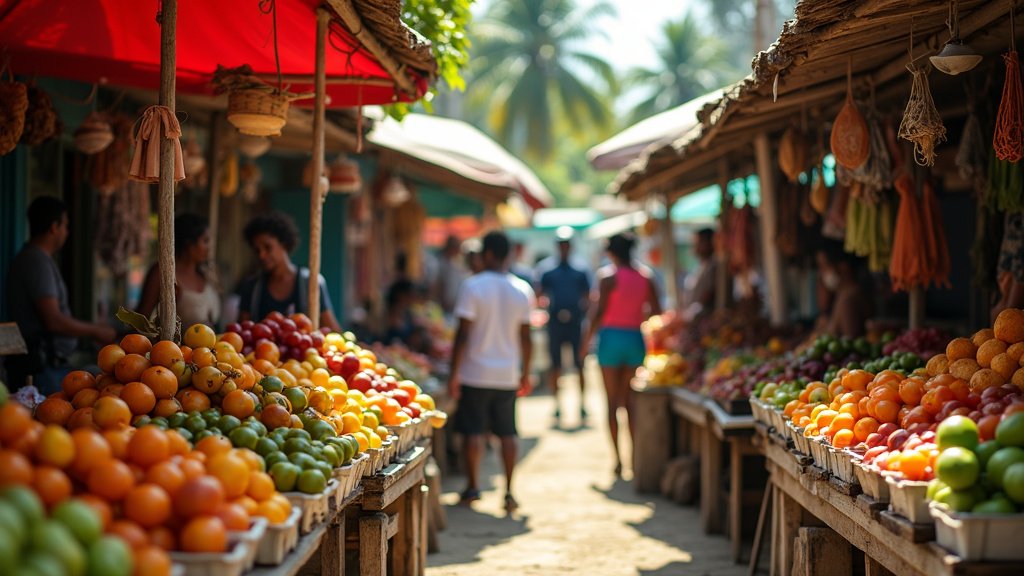The U.S. Department of State has updated its travel advisory for Jamaica, signaling a shift in its assessment of the island nation’s safety and suitability for tourists. The announcement, made on May 29, 2025, reflects a change in the advisory level, which now urges travelers to exercise increased caution. This comes as the government assesses the current safety conditions in the country.
Advisory Level Reduced to Level 2
The State Department has downgraded Jamaica’s travel advisory from Level 3 (reconsider travel) to Level 2 (exercise increased caution). This change indicates an improvement in certain areas, but underscores the persistent risks that travelers should be aware of before visiting. The advisory level is based on a range of factors, most notably crime and healthcare, which are the two primary areas of concern.
Crime Concerns Remain Significant
While the advisory reflects a reduction in the overall warning, it specifically addresses the issue of crime. The document acknowledges that violent crime rates in Jamaica have experienced a decrease since 2024. However, despite the positive trend, the overall rate remains statistically high. This means that tourists are advised to remain vigilant.
The advisory also distinguishes between areas, noting that tourist destinations often experience lower rates of violence compared to other regions. Nevertheless, the risk is still present. One particularly concerning statistic is the homicide rate, which the Jamaican government reports to be among the highest in the Western Hemisphere. This chilling fact underscores the urgency of caution when visiting the island. Armed robberies and sexual assaults also remain common, presenting a significant threat to both visitors and residents.
Specific Safety Recommendations
The U.S. government’s advisory provides a number of specific recommendations to ensure traveler safety. First and foremost, the advisory reiterates the restrictions on firearms and ammunition, reinforcing the legal consequences of possessing such items. In addition, the guidelines offer practical advice, such as avoiding walking or driving at night, steering clear of remote locations, and, most importantly, resisting robbery attempts. These recommendations collectively represent a comprehensive approach to mitigate the risks associated with traveling to Jamaica.
Healthcare and Insurance Considerations
Beyond the issues of crime, the State Department advisory addresses healthcare considerations. Travelers are strongly advised to secure travel insurance that covers medical emergencies and other potential issues. It is critical to note that Medicare and Medicaid, common healthcare programs in the U.S., are not valid overseas. Therefore, those depending on these services must make other arrangements. The need for comprehensive insurance underscores the importance of planning and preparation before embarking on an international trip, especially to a location where healthcare systems may differ considerably from those in the United States.
Areas to Avoid
Despite the overall downgrade of the advisory, it is important to acknowledge that not all regions of Jamaica have seen improvements. Some areas of the country still carry a Level 4 (Do Not Travel) ranking. This indicates that the State Department considers these areas too dangerous for visitors, advising against any non-essential travel. Travelers are urged to be aware of these distinctions and to remain updated on the latest information regarding safe zones versus those areas that should be avoided.
The change in advisory level reflects an evolving assessment of the safety and health risks present in Jamaica. While the downgrade indicates a degree of progress, the continued emphasis on crime and healthcare emphasizes the need for travelers to remain informed, prepared, and vigilant during their visits to the island nation.

